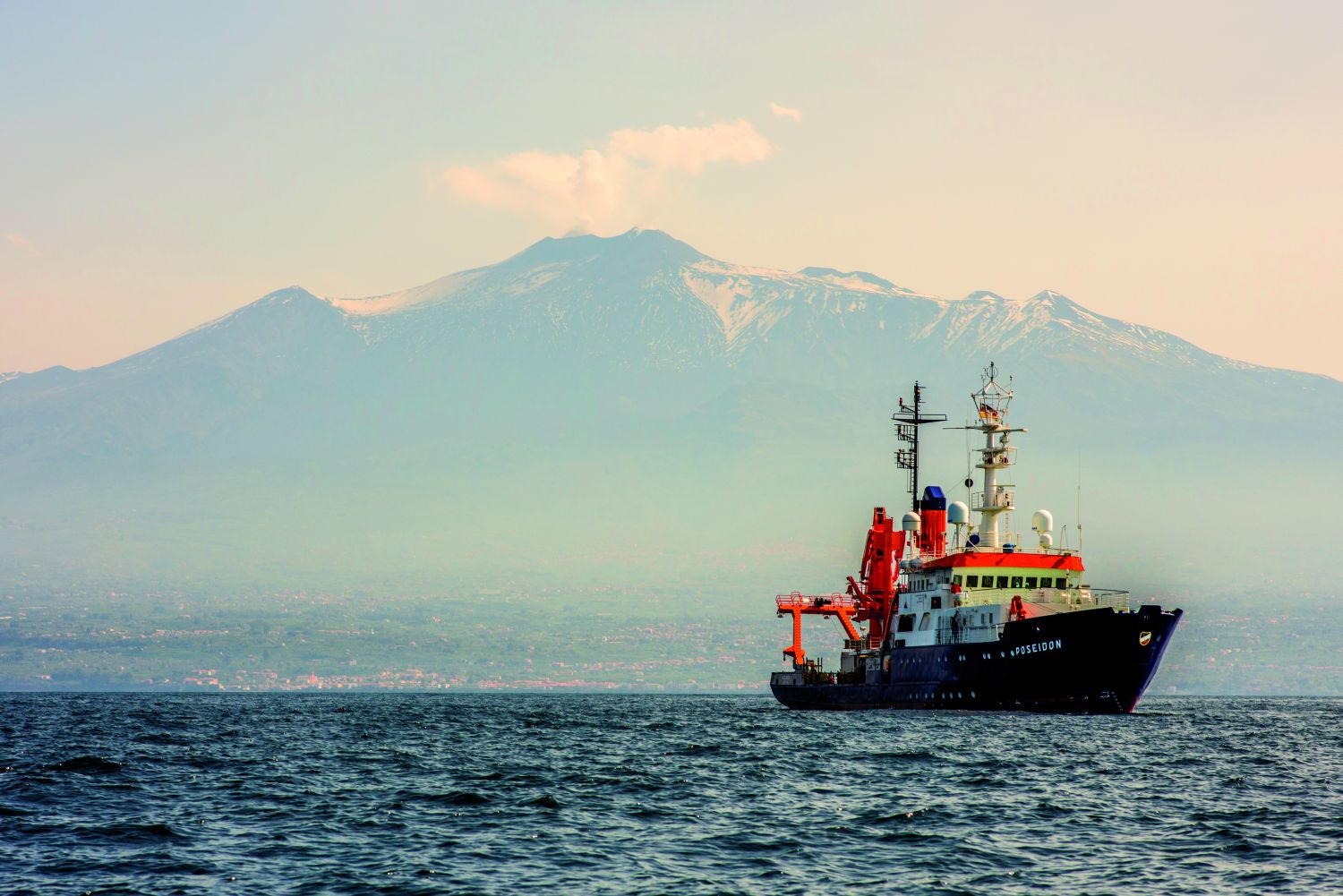Ocean research is "big science". It requires costly, high-tech infrastructure to carry out in-situ observations. This involves large research vessels as well as observing robots such as moored buoys, lander systems, autonomous underwater vehicles, and other expensive and complex equipment. Ocean science calls for investment onshore as well as at sea. Kiel's ocean scientists use high-performance computer systems to simulate the dynamic ocean, its past changes and its likely future development. Our advanced analytical facilities enable detailed analysis of water samples, sediments, and the unique functioning of ecosystems, and the organisms they contain. As we show in this report, such investment in large-scale ocean science is essential. It is a prerequisite for generating new knowledge about the ocean system, which in turn is needed to improve our planning for the future and to seek solutions to the most pressing questions: How can the ocean's resources meet today's and future human needs while at the same time ensuring planetary sustainability?
Highlight Report as pdf (7,5MB)
…
